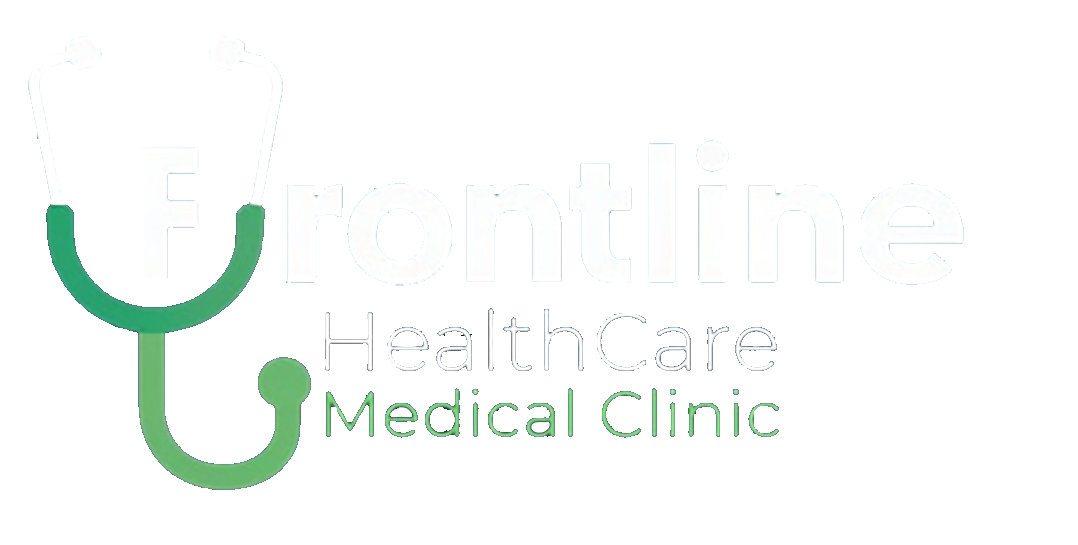Menopause is a natural part of every woman’s life, a transition marking the end of menstrual cycles and the beginning of a new stage. Yet, despite its inevitability, menopause can feel like a rollercoaster. Hot flashes, sleepless nights, mood swings, and sudden changes in energy and mood are all part of the journey. It’s not just about aging, it’s about how a decrease in vital hormones like estrogen and progesterone affects everyday well-being.

HRT has gained popularity for helping women manage these symptoms and regain a sense of balance. In this article, we’ll dive into what HRT is, the ways it can make this phase of life more manageable, and why it may be worth considering for you or a loved one.
Menopause and Its Symptoms
Let’s take a closer look at menopause itself. The process happens in three stages:
Perimenopause: This is the transition period leading up to menopause, where hormone levels start to fluctuate. Periods become irregular, and those classic menopause symptoms think hot flashes and mood swings start to appear.
Menopause: Officially marked when a woman hasn’t had a menstrual period for 12 consecutive months. Estrogen and progesterone, which once regulated monthly cycles and other body processes, have decreased significantly.
Postmenopause: This is the stage after menopause, where symptoms may continue, although they often become milder over time.
Menopause can present with a variety of symptoms, but here are some common ones that can impact daily life:
Hot flashes and night sweats:
These sudden waves of heat that rush over the body can feel overwhelming and unpredictable. They’re often followed by sweats that can drench clothes or bedding at night.
Mood swings:
Hormone fluctuations can make even the smallest things feel huge, leading to unexpected irritability, sadness, or even anxiety.
Sleep disruptions:
Night sweats often lead to poor sleep, leaving you tired and cranky.
Vaginal dryness:
Decreased estrogen levels can lead to dryness and discomfort, making intimacy challenging.
All of these symptoms are related to the drop in estrogen and progesterone. For some women, these effects are mild, but for others, they can feel unmanageable. HRT is one way to help regulate these hormonal changes and relieve symptoms.
What is Hormone Replacement Therapy?
So, what exactly is HRT? Simply put, HRT helps replenish the estrogen and progesterone that the body no longer produces in sufficient amounts. By adding these hormones back, HRT can help restore balance.
HRT comes in different forms and types:
Estrogen-only therapy:

This is often recommended for women who’ve had a hysterectomy. Since they no longer have a uterus, they don’t need the additional progesterone.
Combined therapy (Estrogen + Progesterone):
For women who still have a uterus, this combination helps lower the risk of endometrial cancer.
HRT can be delivered in various ways, such as pills, patches, creams, and gels. This flexibility lets you and your healthcare provider choose a method that best suits your lifestyle and preferences.
What are the Benefits of Hormone replacement therapy (HRT)?
Let’s talk about what HRT can do. Here’s a breakdown of its main benefits:
Relief From Symptoms
Say goodbye, Hot Flashes and Night Sweats: Hot flashes are one of the most frustrating symptoms for many women. HRT can help reduce both the intensity and frequency of these heat waves, making day-to-day life a bit easier.
Better Mood, Better Sleep: HRT can stabilize mood swings, reduce irritability, and improve sleep quality, giving you a much needed sense of calm. With better sleep, your body is better equipped to handle the day.
Relief from Vaginal Discomfort: HRT can also address vaginal dryness, improving natural lubrication and reducing discomfort. For women struggling with intimacy issues due to dryness, this can be a huge relief.
Bone Health
Strengthening Bones: Estrogen is vital for bone health, and as it declines, the risk of osteoporosis—brittle, easily fractured bones—increases. HRT can help maintain bone density, reducing the likelihood of fractures in key areas like the hips and spine. This is especially valuable for women who are at higher risk of osteoporosis and want to stay active.
Heart Health
Possible Heart Protection: Although the relationship between HRT and heart health is complex, there’s evidence that starting HRT near the onset of menopause might offer cardiovascular benefits. Estrogen helps maintain blood vessel flexibility and may have a positive effect on cholesterol. However, heart health benefits vary based on individual factors like timing and age.
Mental Health
Mood and Mental Clarity: The hormone shifts of menopause can take a toll on mental health, causing anxiety, depression, and “brain fog.” HRT can help stabilize these hormone levels, which might relieve these feelings and improve mental clarity, helping women feel more like themselves again.
Other Benefits of HRT
In addition to tackling the more obvious symptoms, HRT offers some added perks that can help improve overall quality of life.
Youthful Skin:
Estrogen plays a role in maintaining skin elasticity. By adding estrogen back through HRT, some women notice improvements in skin texture, moisture, and elasticity. Fewer fine lines and less dryness can be a nice bonus.
Enhanced Intimacy and Libido:
Alongside relieving vaginal dryness, HRT can help restore a healthy libido. For women who may have felt a loss of interest in sex, HRT can help renew that connection with themselves and their partner.
Who Should Consider HRT?
HRT isn’t one-size-fits-all. Some women will benefit greatly, while for others, the risks may outweigh the rewards. HRT is typically considered for:
Women with moderate to severe menopausal symptoms: If hot flashes, night sweats, or mood swings are interfering with daily life, HRT might be a good option.
Those at risk of osteoporosis: If you’re already at risk or have begun experiencing bone density loss, HRT could offer protective benefits.
However, timing is important. For many women, starting HRT within 10 years of menopause onset provides the most benefit and the least risk. Older women or those with certain medical conditions may need to avoid HRT or seek alternative treatments.
Risks and Side Effects of HRT
Every treatment has risks, and HRT is no different. Here are a few possible side effects to consider:
Blood Clots:
Estrogen therapy, especially in pill form, has been associated with an increased risk of blood clots, which can lead to deep vein thrombosis (DVT) or pulmonary embolism. Alternatives like patches or gels may present a lower risk.
Breast Cancer:
Some studies suggest that long-term use of combined HRT (estrogen and progesterone) may slightly increase breast cancer risk. This risk varies depending on dosage, duration, and personal health factors.
HRT Alternatives
Not everyone is comfortable with HRT, and for some, it may not be a safe option. Fortunately, there are alternatives:
Lifestyle Adjustments:

Eating a balanced diet, exercising regularly, and reducing stress can all help manage menopause symptoms. Things like meditation, yoga, and mindfulness practices can provide relaxation and relief.
Natural Remedies:
Some women find relief with natural supplements such as black cohosh, red clover, or soy isoflavones. While their effectiveness varies, they’re worth exploring if you prefer non-hormonal options.
Non-Hormonal Medications:
Certain antidepressants or blood pressure medications can help with hot flashes and mood swings, providing another option for symptom management.
Conclusion
Hormone Replacement Therapy (HRT) has the potential to make a real difference in the lives of menopausal women, helping them reclaim comfort and balance. From hot flash relief to mood stability and bone protection, HRT offers a host of benefits that can ease the transition through menopause.
While HRT might not be the right path for everyone, it’s worth exploring with a healthcare professional to see if it’s a good fit for you. Combined with lifestyle adjustments, HRT can offer many women a way to feel their best even in this new chapter of life. And remember, you’re not alone on this journey whether it’s talking to your doctor, finding support from friends, or joining a community, menopause can be navigated with grace and strength.
If you have been having the symptoms we discussed above, visit the Frontline Healthcare clinic and book your consultations now.

